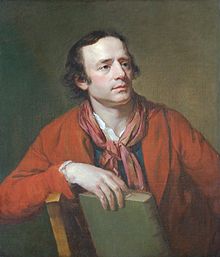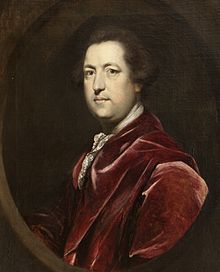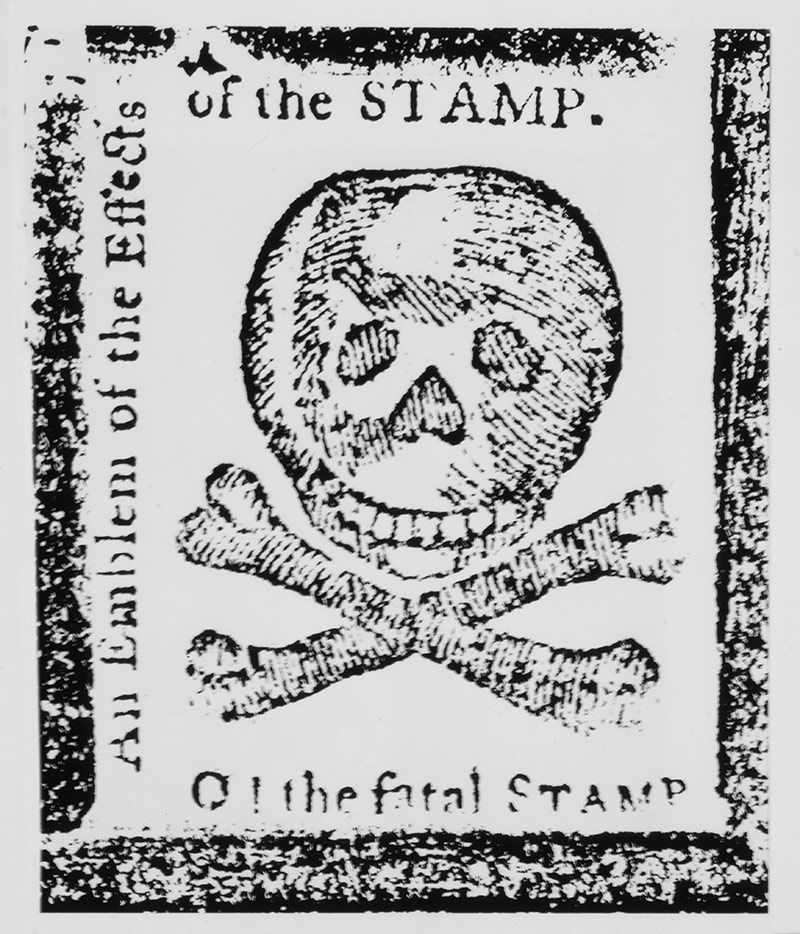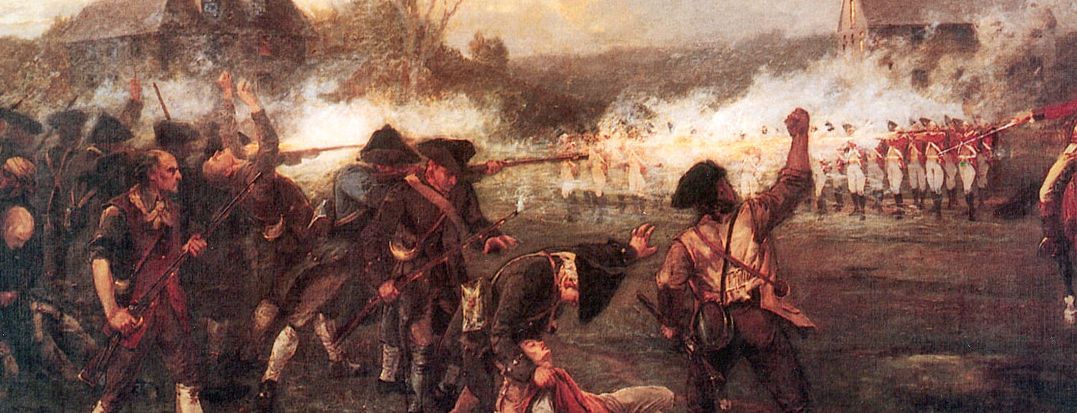 |
| Barre was an Irish soldier in the English army and a renowned member of Parliament, noted by HoraceWalpole for his"very classic and eloquent diction." |
A recent article in The Wanderer by Terence P. Jeffrey presented a fascinating bit of British history that directly relates to our country's beginning. He described a disagreement in Parliament between Col. Isaac Barre, a veteran of the French and Indian War wounded at the Battle of Quebec, and Charles Townsend, a politician who became Chancellor of the Exchequer and was responsible for the detested"Townshend Acts," a series of laws imposing taxes on the American colonies, the first of which was the Stamp Act of 1765.
The Stamp Act required the colonists in America to purchase stamps for every printed document: newspapers, legal notices, ships' manifests, in fact, every commercial transaction. The money was to be used for troops to defend and protect the American frontier. Despite the use of the money, the real objection to the Act was the fact that it was imposed without the input of the colonial legislatures themselves. Hence the motto: "No taxation without representation."
During the debate in Parliament over the Stamp Act on February 6, 1765, Barre gave this sensible advice to the members of the House of Commons:
We are working in the dark, and the less we do the better. Power and right; caution to be exercised lest the power be abused, the right subverted, and 2 million of unrepresented people mistreated and in their own opinion [made] slaves. There are gentlemen in this House from the West Indies, but there are very few who know the circumstances of North America … The tax intended is odious to all your colonies and they tremble at it … He [Townshend] thinks part of the regulation passed last year very wise in preventing them from getting the commodities of foreign countries. We know not however the real effect of this … We are the mother country, let us be cautious not to get the name of stepmother.The Wanderer picked up the story from here summarizing the next heated exchange between Townshend and Barre:
Charles Townshend rose in the House of Commons to defend the taxation -- and insult the colonists.
 |
| Townsend didn't live to see the disastrous impact of his laws. He died in 1767 six years before the Boston Tea Party. |
"And now will these Americans, children planted by our care, nourished up by our indulgence until they are grown to a degree of strength and opulence, and protected by our arms, will they grudge to contribute their mite to relieve us from the heavy weight of that burden which we lie under?" Townshend asked.
The tone and substance of Townshend's question outraged Col Isaac Barre...[who] was both intimidating and eloquent....
"They planted by your care? No!." said Barre. Your oppressions planted them in America. They fled from your tyranny to a then uncultivated and unhospitable country -- where they exposed themselves to almost all the hardships to which human nature is liable....
"They nourished up by your indulgence?" said Barre.
"They grew by your neglect of them: As soon as you began to care about them, that care was exercised in sending persons to rule over them, in one department and another, who were perhaps the deputies of deputies to some member of this House -- sent to spy out their liberty, to misrepresent their actions and to prey upon them....
 |
| Colonial reaction to the Stamp Act |
"They protected by your arms?" Barre said. "They have nobly taken up arms in your defense, have exerted a valour amidst their constant and laborious industry for the defense of a country, whose frontier, while drenched in blood, its interior parts have yielded all its little savings to your emolument. And believe me, remember I this day told you so, that same spirit of freedom which actuated that people at first, will accompany them still...
"God knows," Barre said, "I do not at this time speak from the motives of party heat, what I deliver are the genuine sentiments of my heart, however superior to me in general knowledge and experience the reputable body of this House may be, yet I claim to know more of America than most of you, having seen and been conversant in that country.Wow! Perhaps if Parliament had taken Barre's words to heart the American Revolution would never have taken place and, like Canada, we would call Queen Elizabeth our sovereign. That would make the "never Trump"ers happy, eh? Well, of course the Parliament didn't listen and passed the other offensive Townshend taxes precipitating the "shot heard round the world" ten years later. It's a lesson in how governments escalate grievances by not listening to their people.
"The people I believe," he concluded, "are as truly loyal as any subjects the King has, but a people jealous of their liberties and . who will vindicate them, if ever they should be violated, but the subject is too delicate and I will say no more."
And that, friends, is the history lesson for today. It would certainly be prudent for our own government leaders to learn from it.
Jesus, Lord of History, have mercy on us.
 |
| The shot heard round the world at Lexington Commons where seven colonials were killed by English troops precipitating the onset of the American Revolution. April 19, 1775. |

Why listen when they can steal our money and do what they want? Those who call them out are few and the community churches, where many gather, have been silenced by the tax exempt status. The black robed regiment of the Revolution is no more because the churches are chained. At this point, even if there wasn't a Johnson Amendment most Church leaders would find an excuse to be silent. Many have a good gig going..they get our tithe and our tax dollar.
ReplyDelete"It's a lesson in how governments escalate grievances by not listening to their people." It is also a lesson our Front Royal hospital could learn by listening to the members of the community it supposedly serves.
ReplyDeleteMary Fran